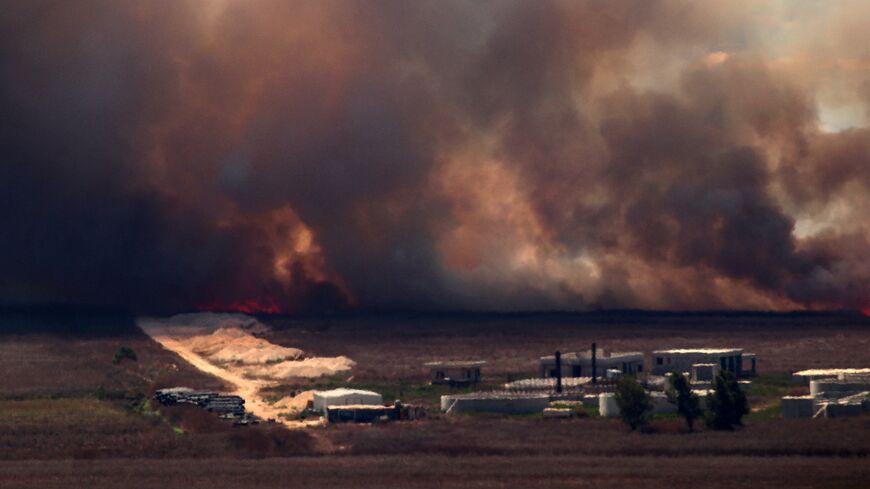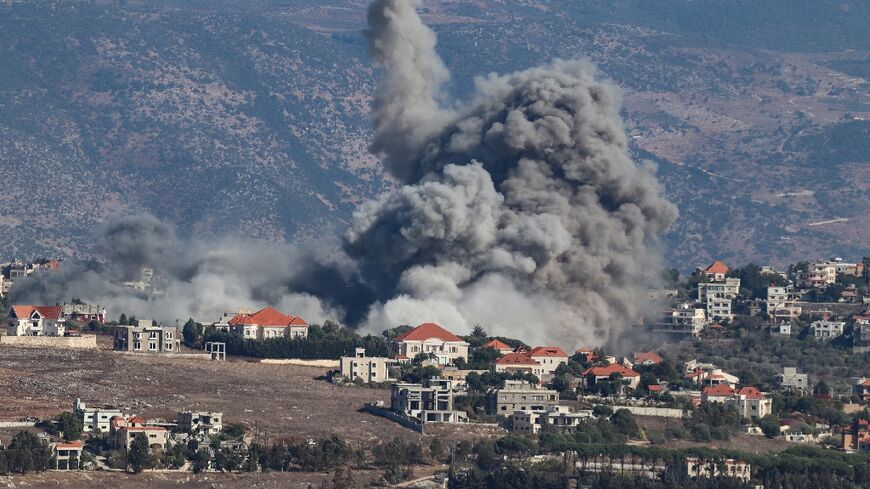Israel says it struck Hezbollah headquarters in Beirut
The strike followed days of intensifying Israeli strikes on Lebanon.
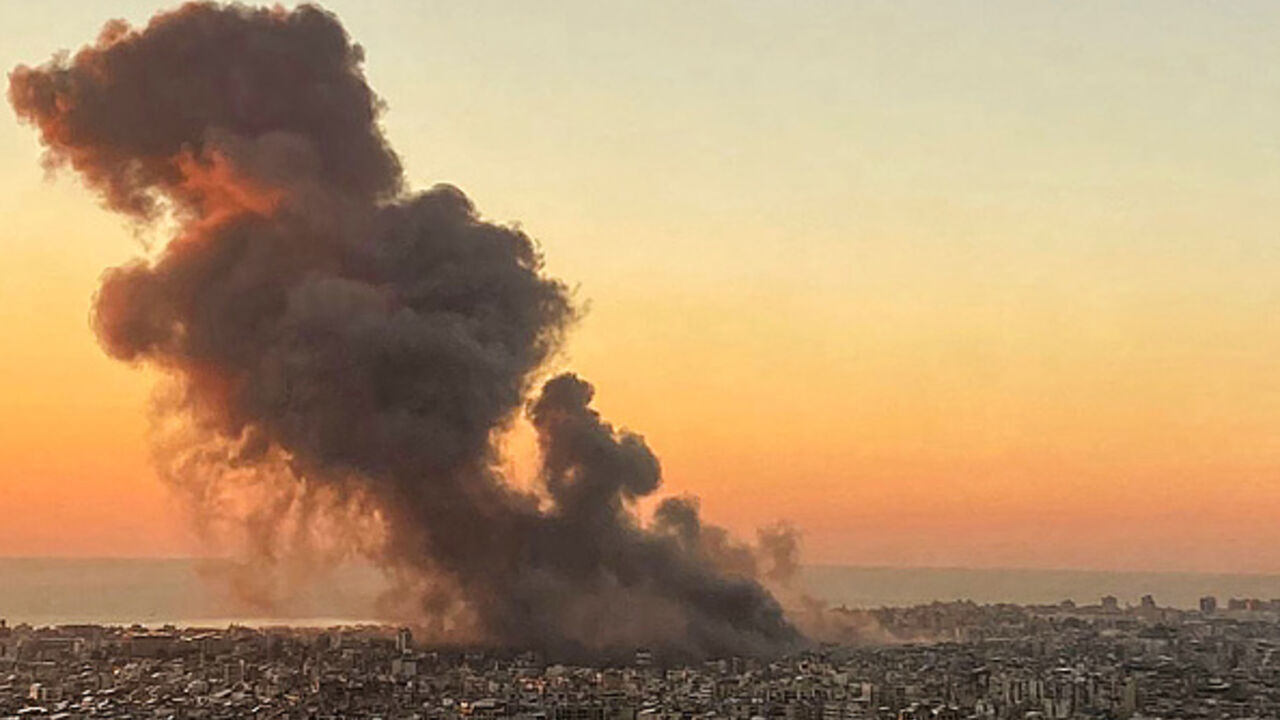
The Israeli military said it struck Hezbollah's headquarters in Beirut on Friday, following Prime Minister Benjamin Netanyahu's vow to continue fighting in Lebanon after a US-French plea for a cease-fire.
Israeli military spokesperson Daniel Hagari said the target was located under residential buildings in Dahiyeh, Beirut's southern suburbs. Israeli media reported that Hezbollah Secretary-General Hassan Nasrallah had been the target of the strike.
Videos on Lebanese social media showed a large plume of smoke rising from in the area.
فيديو يظهر لحظة إستهداف الضاحية الجنوبية لبيروت pic.twitter.com/ggBpfgzNBb
— LBCI Lebanon News (@LBCI_NEWS) September 27, 2024
Friday’s targeting of Nasrallah was carried out after two previous proposals for operations to assassinate the Hezbollah leader had been rejected by Israel’s security cabinet in the past year, senior Israeli intelligence sources told Al-Monitor. The Israeli military had proposed an initial plan on Oct. 11, 2023, and another over the past week, but both were rejected by the cabinet, the sources said. The third proposal to take out Nasrallah was the only one accepted by the security cabinet.
Hezbollah's news outlet Al-Manar reported a "Zionist aggression" in the area had leveled at least four buildings. Meanwhile, the Lebanese Ministry of Health said at least two people were killed and 76 wounded, but that number is likely to rise as emergency response teams comb the area.
Israeli airstrikes this week in southern and eastern Lebanon have killed over 800 people, many of them civilians, according to Lebanese health officials.
The Iranian Embassy in Beirut called the Israeli bombing a "dangerous escalation that changes the rules of the game."
Citing senior Israeli officials, Israeli media reported Friday that there are indications that Nasrallah was in fact in the targeted compound and that anyone inside during the attack was likely killed.
Israel's public broadcaster, Kan, reported that Israeli officials notified their US counterparts about the intended strike shortly before it took place.
However, Deputy Pentagon Press Secretary Sabrina Singh told reporters Friday that the US had no forewarning of the Israeli attack. "The United States was not involved in this operation, and we had no advanced warning," she said.
Lebanese military forces deployed Friday evening around the US embassy in Awkar, a suburb of Beirut, local media reported.
The UK's Foreign Ministry reiterated its call for British nationals to leave Lebanon, encouraging them in a statement to get on the soonest flight possible and "leave now."
The Israeli strike involved 2,000-pound "bunker-busting" bombs — a type of munition used to reach underground targets — Al Jazeera reported, citing Israeli media.
The announcement by Hagari came shortly after Netanyahu finished delivering a speech to the UN General Assembly in New York, where he vowed to continue hammering Hezbollah until residents of northern Israel can safely return to their homes.
Prime Minister Benjamin Netanyahu's office announced that he will return to Israel from New York early, arriving at 3 a.m. Saturday local time despite the Jewish Sabbath. The Tel Aviv municipality ordered the opening of all public shelters for those who do not have a shelter room in their homes.
Iranian Supreme Leader Ayatollah Ali Khamenei called for an emergency meeting at his home compound with Iran's Supreme National Security Council — a powerful body in Iran tasked with responding to domestic and foreign threats — according to The New York Times. The officials said that the meeting was called to discuss Israel's strike on Beirut targeting Nasrallah.
Kan said more Israeli reserve units had been called Friday night, though it did not provide numbers.
Around 60,000 Israelis have been displaced since Hezbollah began striking Israel on Oct. 8, a day after Hamas' incursion into southern Israel. More than 90,000 people have been displaced in Lebanon this week amid intensifying Israeli strikes.
This is a developing story and has been updated.
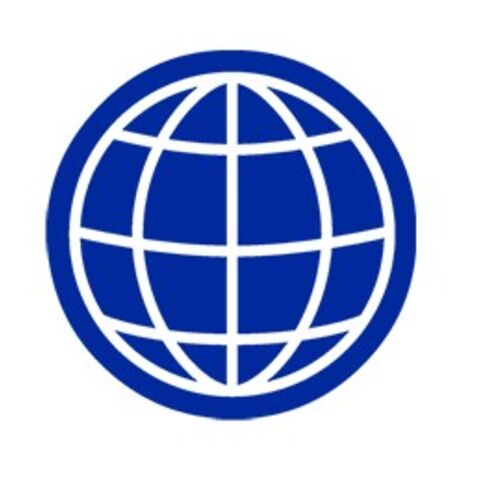
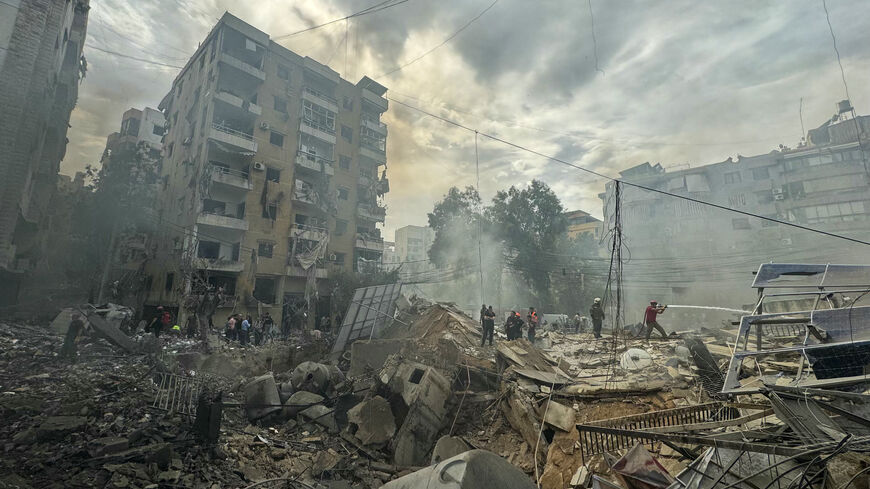

![🚨 [#Picture] Photos of the aftermath of the strike on Haret Hreik sent to L'Orient Today by Hassan Chaitani, local resident in the area.](/sites/default/files/styles/article_header/public/2024-07/Dahiye.jpeg?h=08b866d1&itok=wVXnDv4s)
